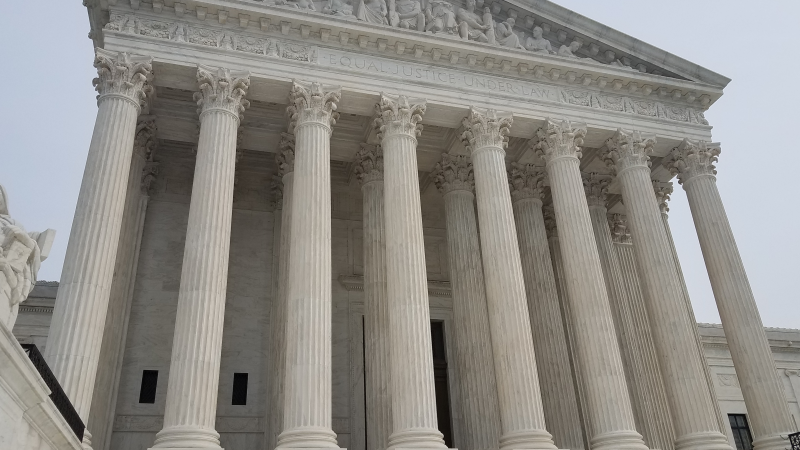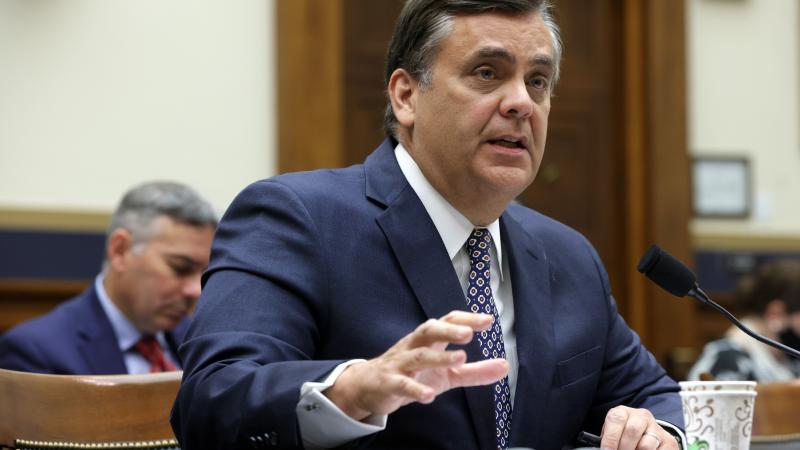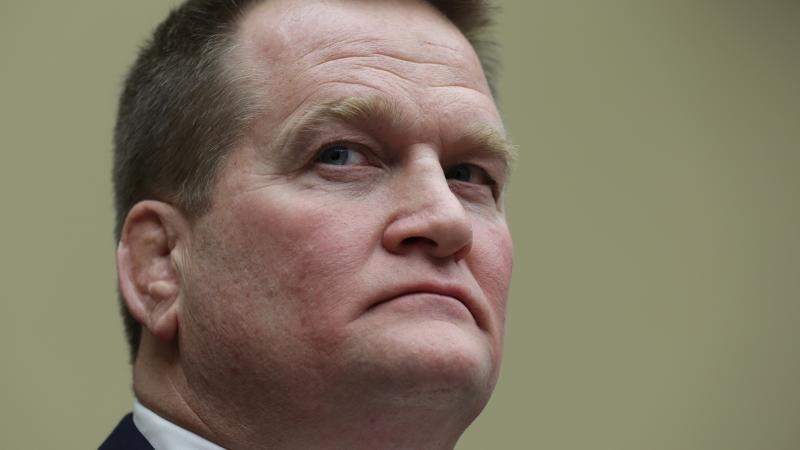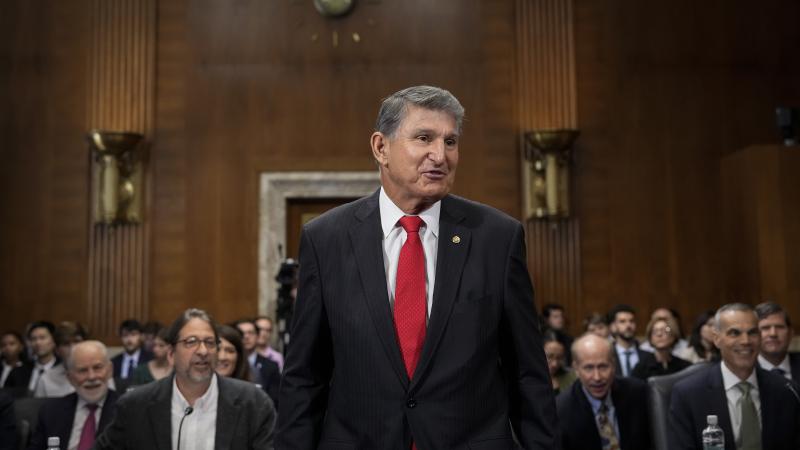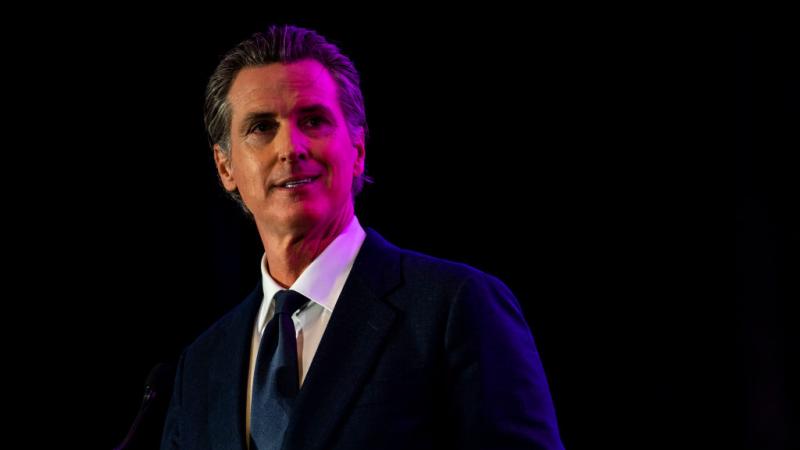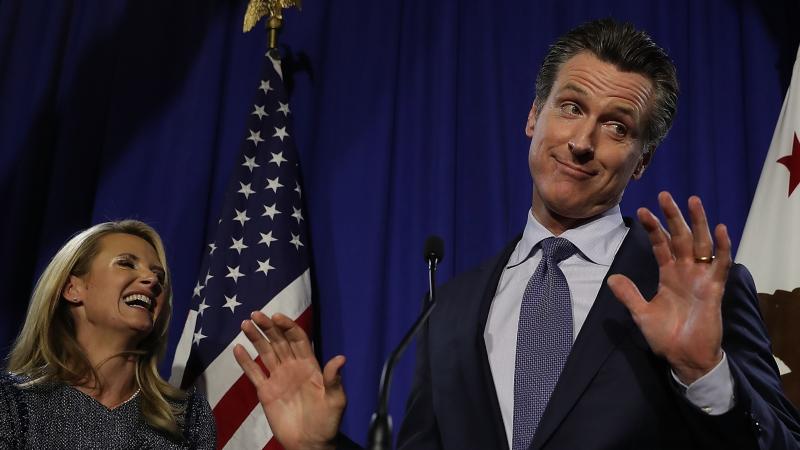Appeals court agrees to review lawsuit against Big Tech over censorship and civil rights
A civil rights case is challenging Big Tech's censorship through its Section 230 immunity.
An appeals court has agreed to review a lower court's decision on a civil rights case challenging Big Tech's Section 230 immunity.
The civil rights case of Domen v. Vimeo is over Vimeo's termination of Church United's video streaming activities after it posted "videos of five men and women who left the gay lifestyle to pursue their Christian faith. Vimeo claimed that its terms of service bar streaming videos that promote sexual orientation change therapy," the Epoch Times reported.
Church United is a nonprofit with a vision "To change and shape the moral culture of our communities in California," according to its website. It "claims to have more than 750 pastors affiliated with its efforts to 'positively impact the political and moral cultures of their communities,' " according to the Epoch Times. Pastor Jim Domen leads Church United.
A three-judge panel of the U.S. Appeals Court for the Second Circuit in New York had upheld a federal district court's ruling on Friday that Section 230 of the Communications Decency Act exempted Big Tech from civil liability. Following the panel's decision, the entire Second Circuit Court of Appeals decided to rehear the case.
Former President Donald Trump has filed a class-action lawsuit against the CEO's of Facebook, Google, and Twitter over their use of Section 230 to remove his accounts from their social media platforms, following the Jan. 6 Capitol riot. Trump is suing on First Amendment grounds, alleging that Big Tech censorship violates freedom of speech, since the private companies are working for government officials.
"This ruling puts Section 230 immunity in the crosshairs of judicial review. We suspect that the en banc court recognizes that Big Tech is not exempt from state and federal civil rights laws," said attorney Robert Tyler, general counsel for the Advocates for Faith & Freedom.
"Section 230 was not intended to give Big Tech the right to exclude persons from their platform just because the customer is black, Muslim, white, Christian, homosexual, or formerly homosexual. That is plain invidious discrimination," Tyler added.
Tylers law firm said in a statement on Friday that the court's decision to hear the case before the entire Second Circuit "is even more remarkable given the Second Circuit's notable reputation for shunning rehearings," according to the Epoch Times.
Domen said in a statement: "I never thought I'd see the day that it would be legal in America to discriminate against my faith and the fact that I was previously engaged in the gay lifestyle," the Epoch Times reported. "As a pastor and former homosexual, I'm encouraged by the rehearing of our sexual orientation and religious discrimination lawsuit."



